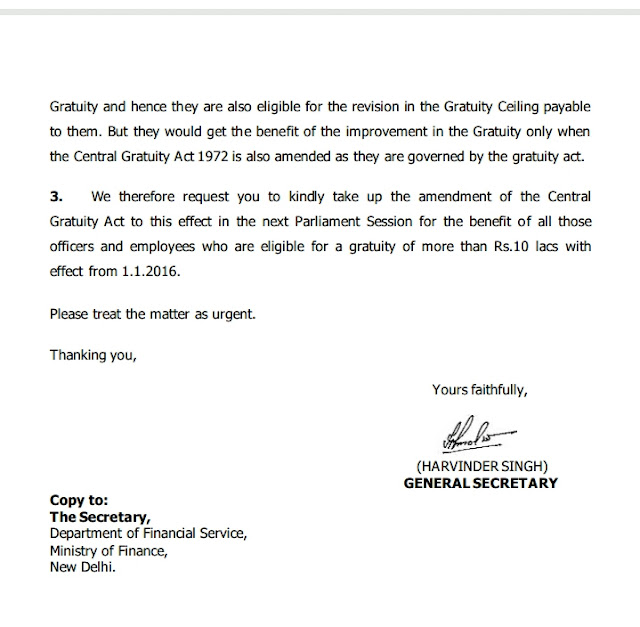 12% share of households, that stand in queues to exchange theor old currency notes with new ones, in the total demonetisation transaction cost. They stand to lose Rs 15,000 crore.
12% share of households, that stand in queues to exchange theor old currency notes with new ones, in the total demonetisation transaction cost. They stand to lose Rs 15,000 crore.
The transaction cost of the government’s demonetisation exercise is projected to be about Rs 1.28 lakh crore during the 50-day window till December 30, 2016, according to Centre for Monitoring Indian Economy (CMIE) estimates. According to Mahesh Vyas, the managing director and chief economist of CMIE, the exercise can only be considered worth if the government is able to unearth unaccounted cash worth at least the transaction cost. “If the government succeeds in unearthing even Rs.4 trillion unaccounted cash, then the transaction cost of this exercise would be about 26 per cent. It would be over 43 per cent if the unearthed cash is Rs.3 trillion,” Vyas said in his research note.
Though welcomed by many across the country, the government’s decision to demonetise higher currencies has left many in the lurch and utter state of confusion. The study also warned the impact of the rudimentary step could impact the economy over a longer period.
The cost of Demonetisation:
12% share of households, that stand in queues to exchange theor old currency notes with new ones, in the total demonetisation transaction cost. They stand to lose Rs 15,000 crore.
The government and the RBI are estimated to bear a cost of Rs 16,800 crore. This is largely because of printing of new currency and transportation of new currency to bank branches, ATMs and post offices.
Enterprises stand to pay the biggest price for this transaction, by way of loss of business. According to estimates, companies will witness a direct impact on business in terms of the drop in discretionary spending by households. This alone adds up to more than half of trillion rupees during the 50-day period till the end of December. Enterprise stands to lose Rs 61,500 crore or 48% of the total transaction cost of this exercise of demonetisation.
All estimates are limited to the 50-day window. However, the impact of low liquidity, broken supply chains and loss of confidence in consumers is likely to impact the economy over a longer period. Therefore, the transaction cost of this exercise is likely to be more than the estimated amount.






























